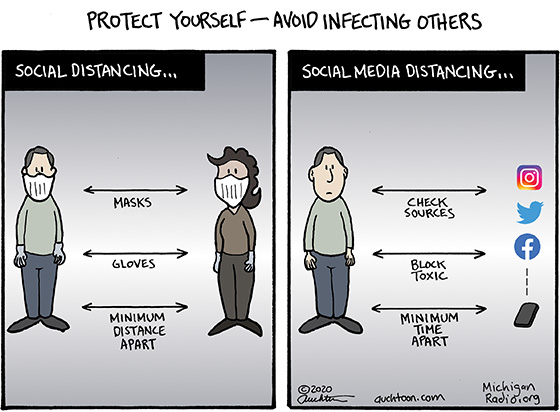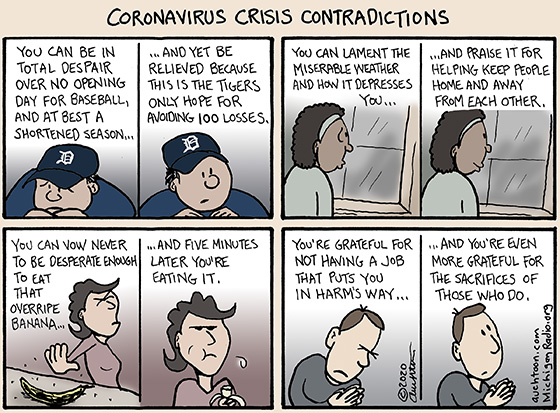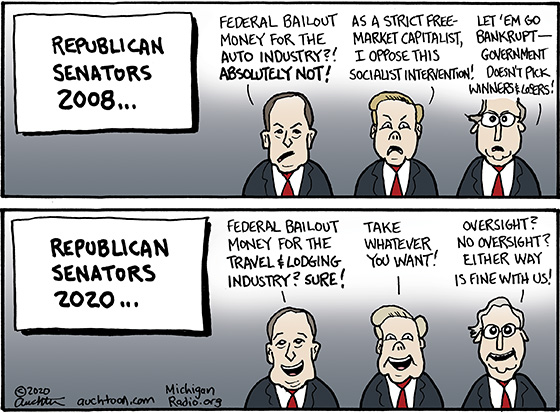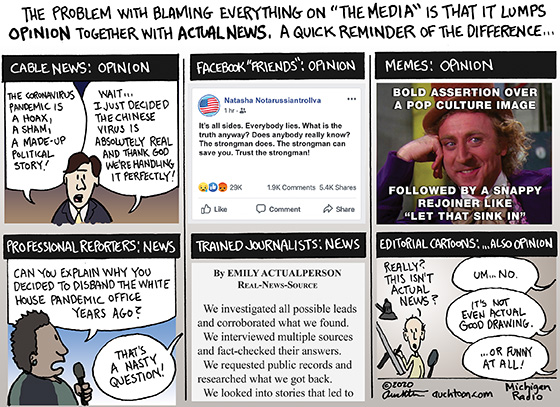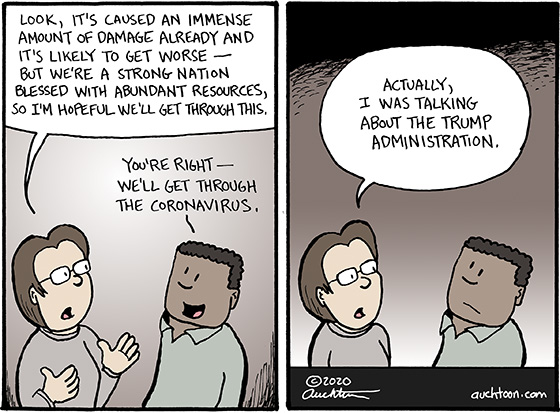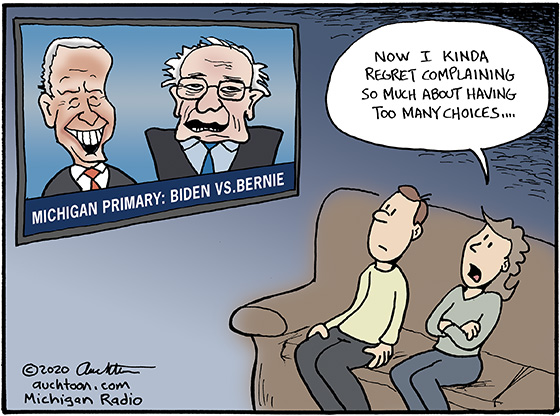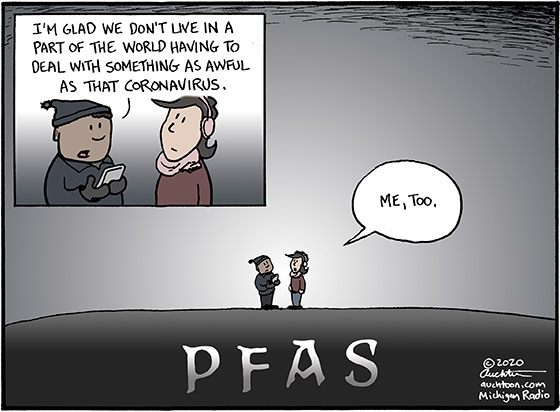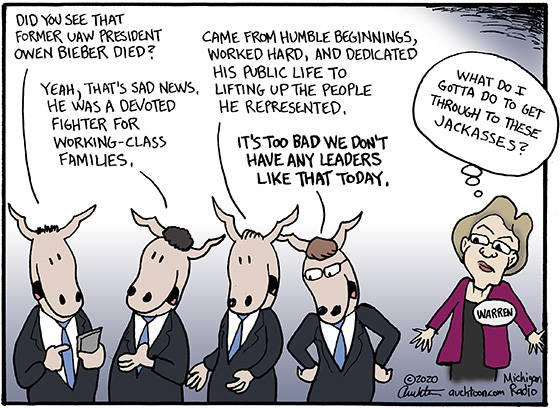Thank You for Your Sacrifice

Show of hands — who wants to talk more about coronavirus? Hmmm, not many, huh? Yeah, I’m fatigued myself. Unfortunately, it is destined to be a trending topic for quite some time. As German Chancellor, Angela Merkel said this week, “This is not the end phase but still just the beginning.” It was a timely reality check from an experienced leader. Merkel recognizes the danger in all the buzz about Germany “getting back to normal.” Sure, her country has been able to take some positive steps now due to effective social distancing and a robust national testing program. But they are still a long way from “normal” (whether new normal or old normal).
What can we do? Well, listen to health experts, follow scientific methods, put people before party — all those should be obvious. But beyond that, I do have a suggestion:
Let’s try to acknowledge the sacrifices we all are making (large and small) in this generational challenge. It’s relatively straightforward to conceptualize the difficulties of a nurse working day after day in a COVID-19 ward of a hospital or a lab technician pulling double-shifts processing test kits. But there are also those who are stuck at home and are simply lost with the daily routines they’ve known all their lives now changed. That can be soul-crushing and yet the vast majority of us are still minimizing contact with others for the greater good.
If we can see and appreciate each other’s sacrifices, we have a much better chance of steeling ourselves to the reality that it’s going to be a long haul.

